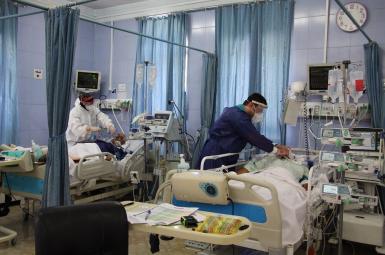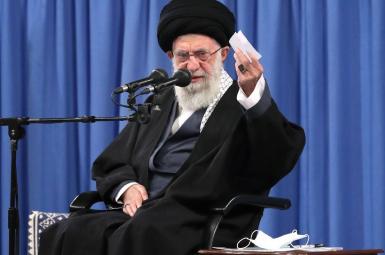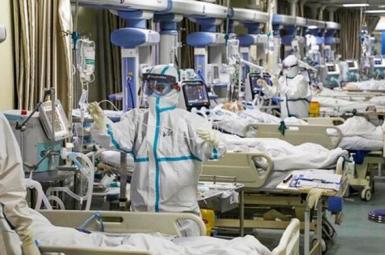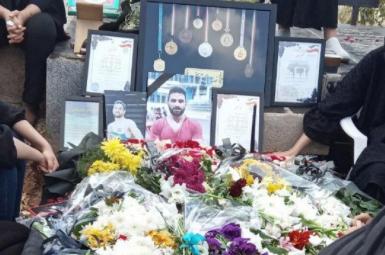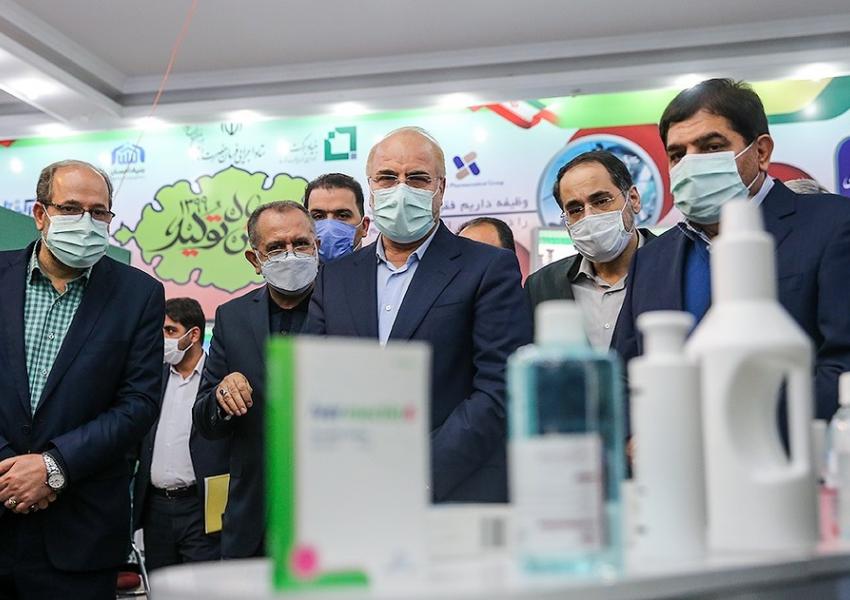
Political Storm Continues Over Iran Homegrown Covid Vaccines
Barakat Foundation was paid $1 billion by the government before it produced or delivered any of Iran’s first home-grown vaccine, CovIran Barakat, former reformist member of parliament Ali Tajernia told Shargh newspaper in an interview published Tuesday.
Tajernia said the payment was calculated at 2 million rials per dose of a projected 120 million doses. In a tweet in response, Hojat Niki-Maleki, head of public relations at Shifa Pharmed, a Barakat subsidiary, called Tajernia's allegations of advance payment "absolutely false."
The controversy over Barakat’s vaccine development goes beyond the alleged pre-payment. Officials of the company and President Ebrahim Raisi’s vice president Mohammad Mokhber, who until recently was in charge of business affairs at Supreme Leader Ali Khamenei’s office, had repeatedly promised to deliver ten of millions of doses by the end of August.
As of Tuesday, according to the health ministry, the CovIran-Barakat vaccine accounted for 3.8 million of the 37.8 million doses administered of mostly the Chinese Sinopharm. Iran has fully vaccinated around 12.5 million people, around 14 percent of the population, according to figures released by the health ministry Tuesday.
John Hopkins University gives a figure of 15 percent “fully vaccinated,” compared to 49 percent in Turkey, 5 percent in Iraq and 5 percent in Egypt – countries with roughly comparable populations. Saudi Arabia has fully vaccinated more than 50 percent.
The speeding up of vaccinations since the government of Ebrahim Raisi (Reesi) took office August 25 – with Covid vaccine imports jumping 40 percent in three weeks – has sparked a factional row as to who should take the credit.
Some have alleged that vaccine imports were earlier delayed in favor of Iranian vaccines including Barakat, the only Iranian-made one approved for emergency use so far. In an August radio interview Hossein-Ali Shahriari, the principlist chairman of parliament’s health committee, admitted that waiting for homegrown vaccines had slowed down imports and so vaccinations.
Tajernia told Shargh that former health minister Saeed Namaki had delayed imports despite the Rouhani government following a two-pronged strategy, developing the vaccine while trying to import as many as possible.
Tajernia said Namaki had opposed importing foreign vaccines and actively promoted CovIran Barakat, despite Razi Institute, the oldest vaccine producer in the Middle East with a 100-year history, being "way ahead” of Barakat Foundation in its research.
Barakat Foundation is a charitable body and business group that is an affiliate of the Execution of Imam Khomeini’s Order Foundation, a charitable-cum-business state entity answerable to the Supreme Leader Ali Khamenei.
Khamenei in June was reported to have received the CovIran Barakat vaccine. The leader said he had waited for an Iranian-made vaccine despite being advised to several months to take the first available.


